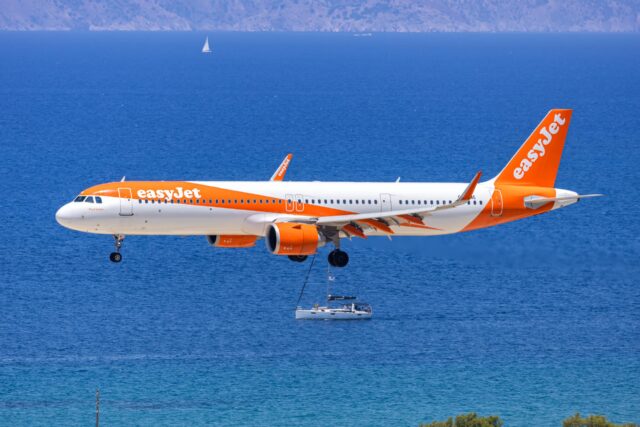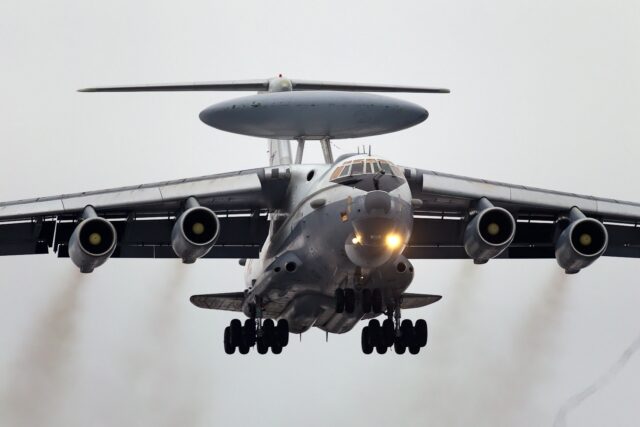Boeing lands $7bn Pentagon deal for AH-64E Apaches and KC-46A tankers

November 26, 2025
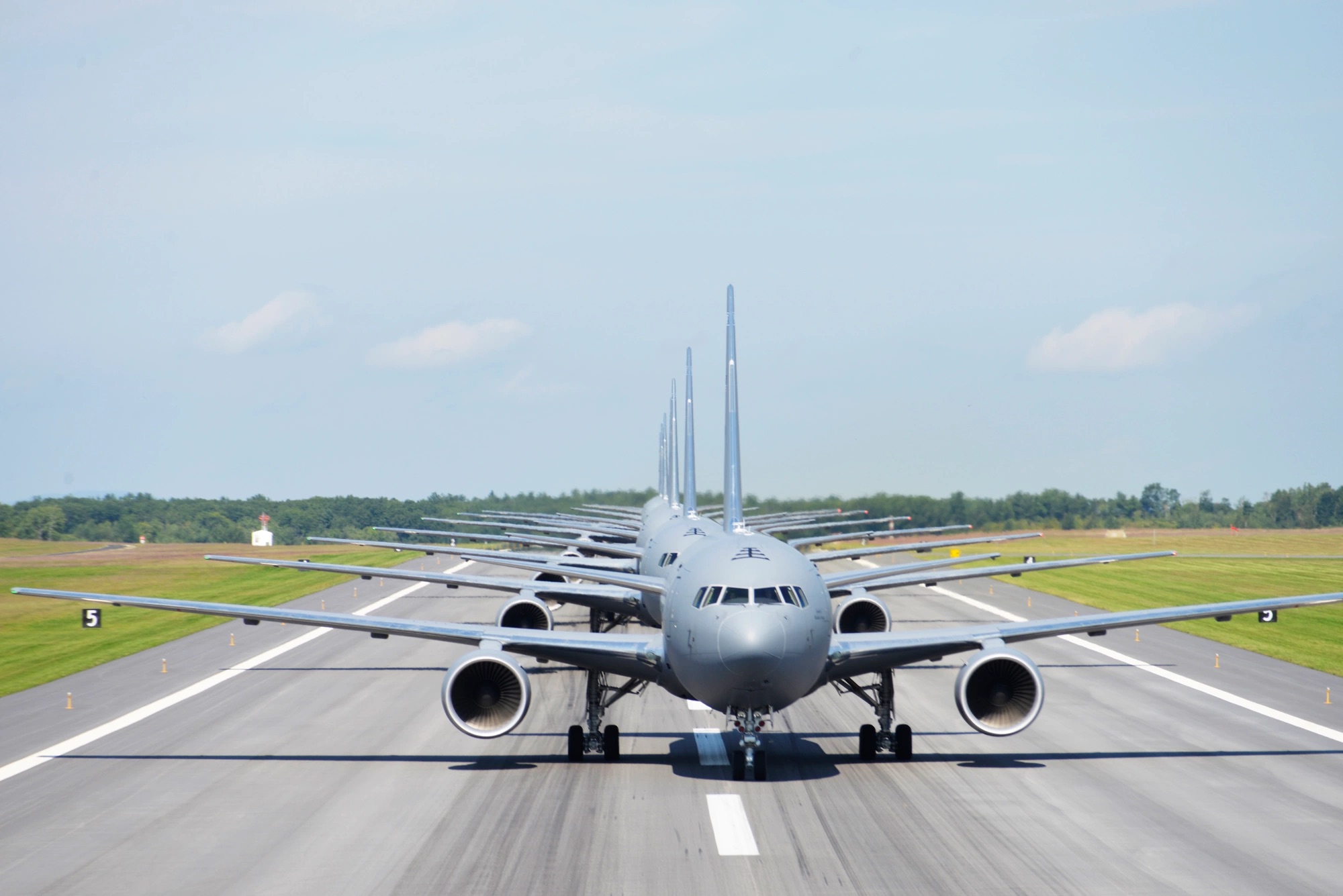
The Pentagon has awarded Boeing over $7 billion in new defence work as the US military accelerates long-term modernisation of its aviation and tanker fleets.
The contracts, announced on Tuesday (25 November), span both the US Army and US Air Force and cover two of Boeing’s most important military programmes.
The larger award is a $4.7 billion US Army contract for new-build AH-64E Apache helicopters, Longbow crew trainers and the associated equipment required to support the fleet. The second is a $2.47 billion US Air Force contract modification for additional KC-46A Pegasus tankers and related services.
Together, the two awards total more than $7.1 billion in new funding for Boeing’s defence business and guarantee sustained production activity at the company’s Arizona and Washington facilities.
Get the latest aerospace defence news here on AGN.
US Army orders new-build AH-64E Apaches in $4.7bn fleet upgrade
The US Army contract covers the latest AH-64E production standard and includes spares, trainers and mission equipment. Work will take place at Boeing’s Mesa site in Arizona and is expected to continue until 2032, securing continuity for one of the Army’s most significant aviation programmes.
The AH-64E is a multi-role attack helicopter used for close air support, armed reconnaissance and security missions. It carries a 30 mm cannon, guided rockets and Hellfire missiles, and is designed to operate in day, night and adverse weather conditions.
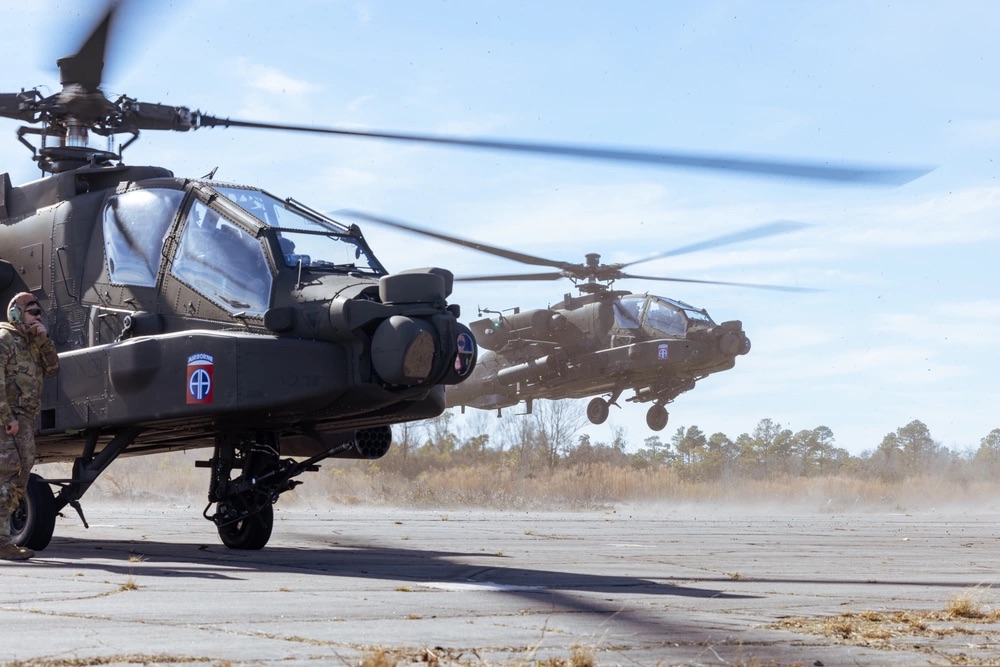
The Apache has increasingly been integrated with the Army’s digital and networked architecture, enabling real-time data sharing between crewed and uncrewed systems. The current AH-64E configuration incorporates upgraded communications, data links and digital navigation, allowing the helicopter to play a central role in the Army’s future mix of manned and unmanned capabilities.
Work on the new contract begins immediately, keeping the production line active for the rest of the decade.
US Air Force expands KC-46A Pegasus tanker production in $2.47bn award
Alongside the Army procurement, Boeing secured a $2.47 billion expansion of the Air Force’s KC-46A programme, known as Lot 12. The award funds 15 additional KC-46A Pegasus tankers and includes software licensing, subscriptions and associated through-life support. Deliveries under Lot 12 are expected to run until 2029.
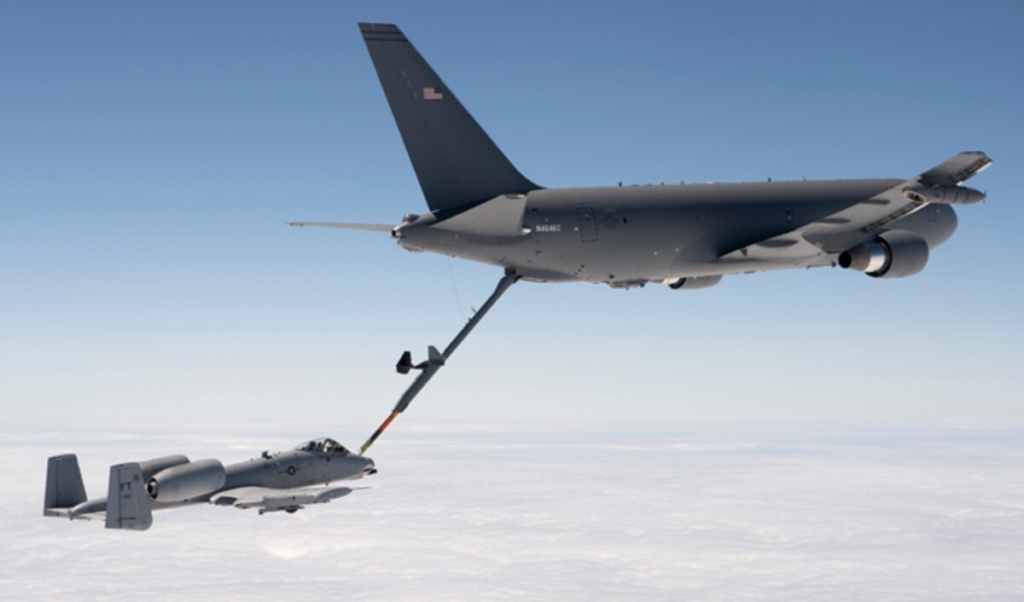
With this latest agreement, 183 KC-46As are now under contract globally. Of these, 98 have been delivered to the US Air Force, with further aircraft in service with Japan and additional jets contracted for Israel.
Boeing said the award ensures stability for the KC-46A industrial base. “Getting on contract helps ensure production stability, including our long-lead supply chain, to continue delivering the capability of the KC-46A,” said Jake Kwasnik, Boeing vice president and KC-46 programme manager.
Why the KC-46A is critical to the USAF tanker recapitalisation plan
The KC-46A is central to the Air Force’s modernisation strategy. The service still operates a large number of KC-135 tankers dating back to the Eisenhower era, and replacing them is one of the most time-critical programmes in the US inventory.
Tankers enable long-range fighter, bomber and ISR missions and are considered vital to operations in the Indo-Pacific and Middle East. The KC-46A, based on the Boeing 767 platform, carries 212,299 pounds of fuel and up to 18 standard cargo pallets. It features modern defensive systems, enhanced communications capabilities and a digital refuelling boom and remote vision station designed for contested environments.

The Pegasus can also be reconfigured for aeromedical evacuation and passenger transport. The type has already surpassed 150,000 flight hours across operational, training and deployment missions, reflecting its increasing front-line utilisation.
Although the programme has faced technical challenges, particularly around the Remote Vision System and refuelling boom, the Air Force has continued ordering aircraft to avoid any gap in production. Service planning documents caution that pausing the line would risk the broader tanker recapitalisation effort.
The original Air Force programme of record called for 179 KC-46As, but recent budget proposals indicate further aircraft will be purchased beyond that figure, ensuring the platform remains the backbone of the refuelling fleet into the 2030s.
Read more: Boeing KC-46 Pegasus nozzle binding mishaps cost the US Air Force $23 million in damage
Long-term Pentagon modernisation keeps Apache and KC-46A lines active
The Pentagon’s latest contracts highlight how the US military continues to pursue aviation modernisation through long-term, iterative programmes and sustained industrial capacity.
The Apache has evolved through multiple phases to remain central to the Army’s combat aviation plan, while the KC-46A, selected after earlier attempts to replace the KC-135 collapsed in the 2000s, continues to receive upgrades. Earlier this month, Boeing began flight trials of the new RVS 2.0 system in Seattle, marking a major milestone in the tanker’s ongoing development.
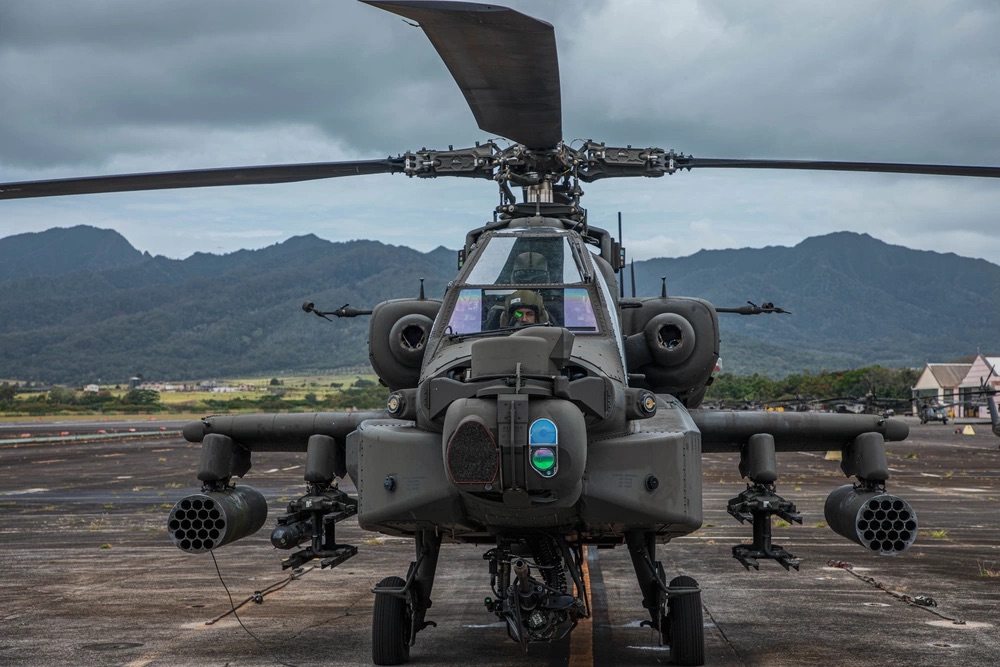
For Boeing, the awards secure the future of two major production lines and provide stability for a defence business under close scrutiny. For the US Army and Air Force, the procurements ensure uninterrupted progress on two of their most strategically important fleets.
Combined, the awards reflect a methodical approach to recapitalisation and signal that the Apache and KC-46A will remain core aviation priorities well into the next decade.


